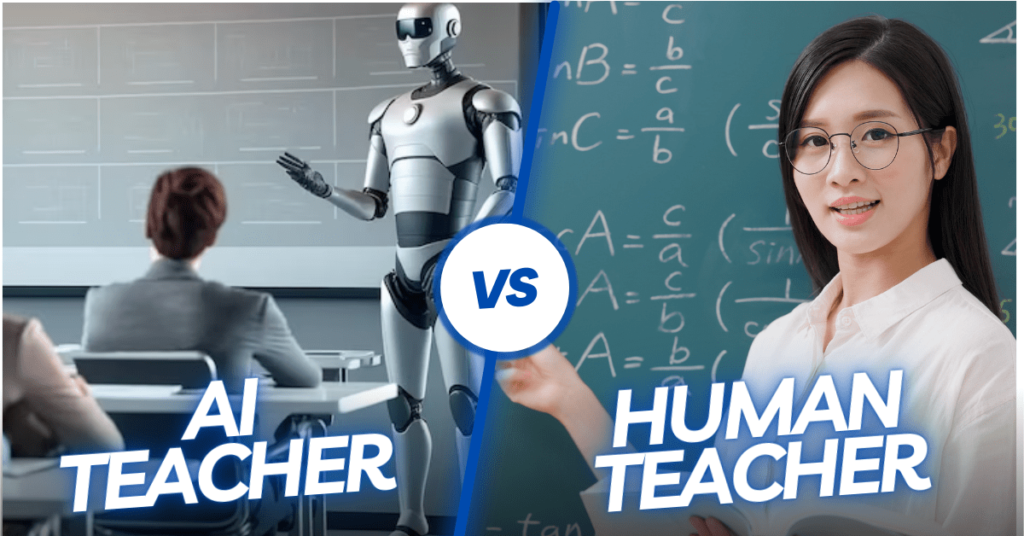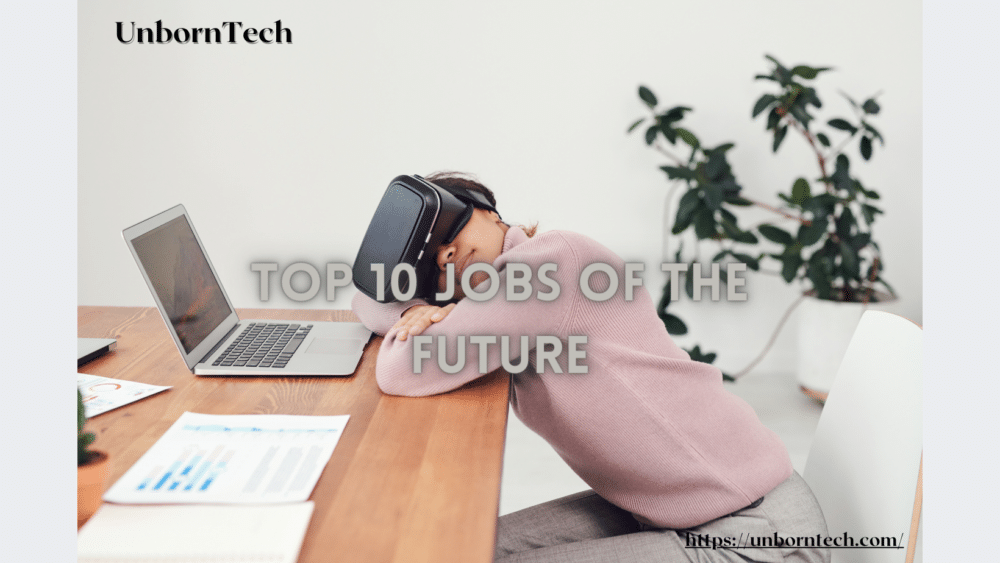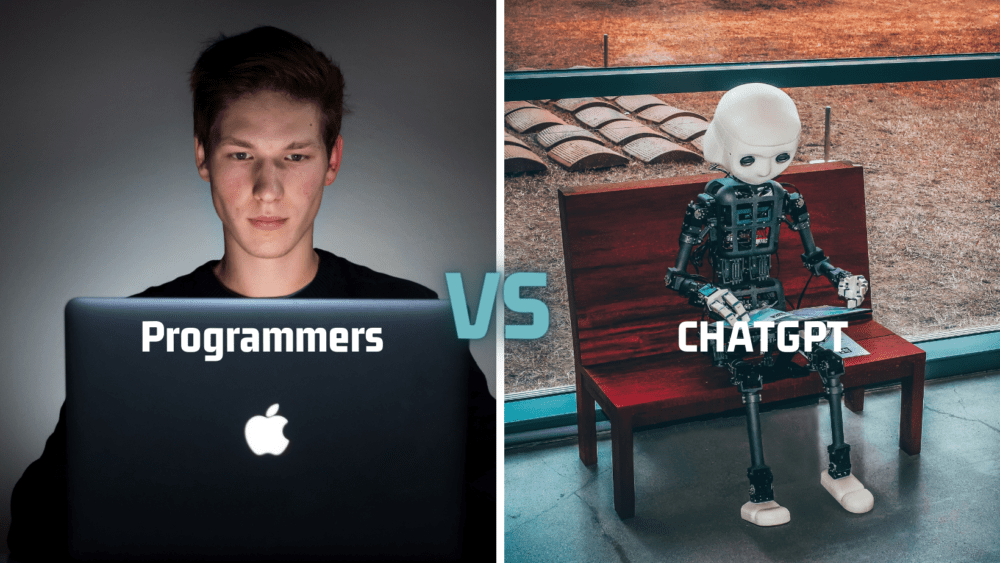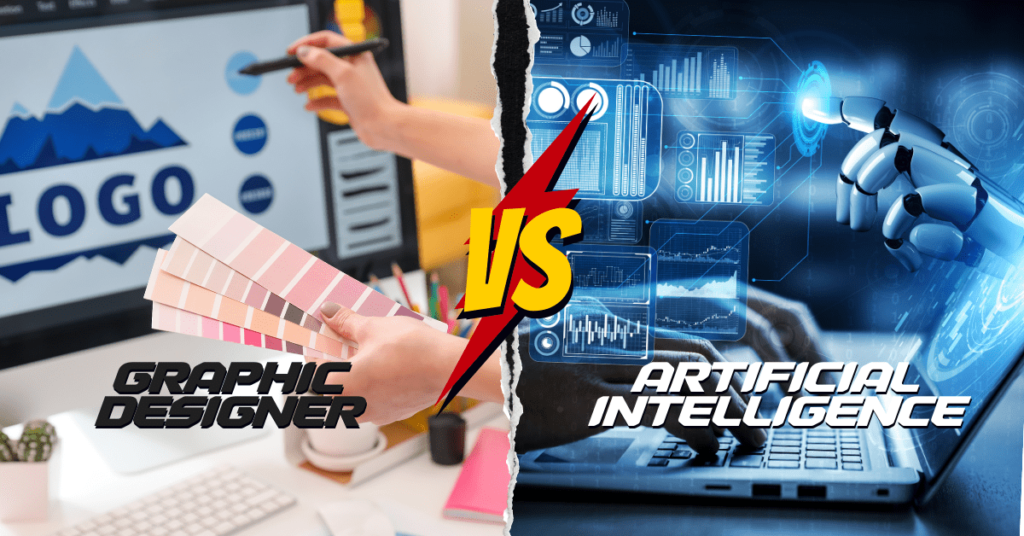In an era shaped by the rapid advance of Artificial Intelligence (AI), educators face a pressing question:
Will AI replace teachers?
As AI transforms industries from manufacturing to healthcare, its potential impact on education sparks curiosity and concern. While some envision AI as a solution to teaching challenges, others doubt if machines can truly replace human educators.
This blog explores the evolving intersection of AI and education, discusses the validity of educators’ concerns about AI replacing them, and provides a long-term solution to their concerns.
Table of Contents
The Arrival of AI in the Education Sector
Before we explore the question of whether AI will replace teachers, let’s first examine some significant advancements AI has recently made in the field of education.
Here are the top 5 entries of AI in the landscape of education.
- ChatGPT 3.5/4
Who isn’t aware of the behemoth from OpenAI known as ChatGPT 3.5/4?
From programming to writing, solving mathematical questions to physics problems, ChatGPT is assisting students worldwide and providing personalized support in their educational endeavors.
In 2023, it rules as the ultimate student tool, aiding learners of all levels, from K-12 to Ph.D., helping them with their daily academic challenges, queries, and problems of any sort or complexity.
- WolframAlpha
WolframAlpha, an ‘answer engine,’ relies on computational intelligence and a vast knowledge-base to answer intricate factual questions spanning diverse subjects like math, engineering, geography, and physics.
What sets WolframAlpha apart is its approach as a ‘symbolic AI’ engine, aiming to replicate human learning processes, which holds great promise in the field of education.
- Gradescope
Gradescope is a straightforward AI tool that makes grading easier. It uses machine learning and AI to help students review each other’s work, saving teachers’ time.
It’s a one-stop hub for grading traditional and digital assignments, with features like AI-assisted grading, question grouping, and fairness enhancements. In simple terms, Gradescope streamlines grading in education.
- Carnegie Learning
Carnegie Learning is a leader in education technology, using AI and machine learning to help high school and college students excel in literacy, math, and languages.
Key features include mimicking human tutors, personalized learning, and actionable data for educators. In a nutshell, Carnegie Learning harnesses AI to improve student outcomes in various subjects.
- Khanmigo
Last but not least, let’s delve into Khanmigo, the AI chatbot making waves in education.
The famous non-profit educational organization, Khan Academy, and OpenAI joined forces to create Khanmigo, your AI study partner.
This innovative chatbot uses GPT-4 to engage students in natural conversations, providing personalized tutoring experiences that encourage critical thinking and suggest resources. It’s a powerful tool for both students and teachers, making learning at Khan Academy even more interactive and engaging.
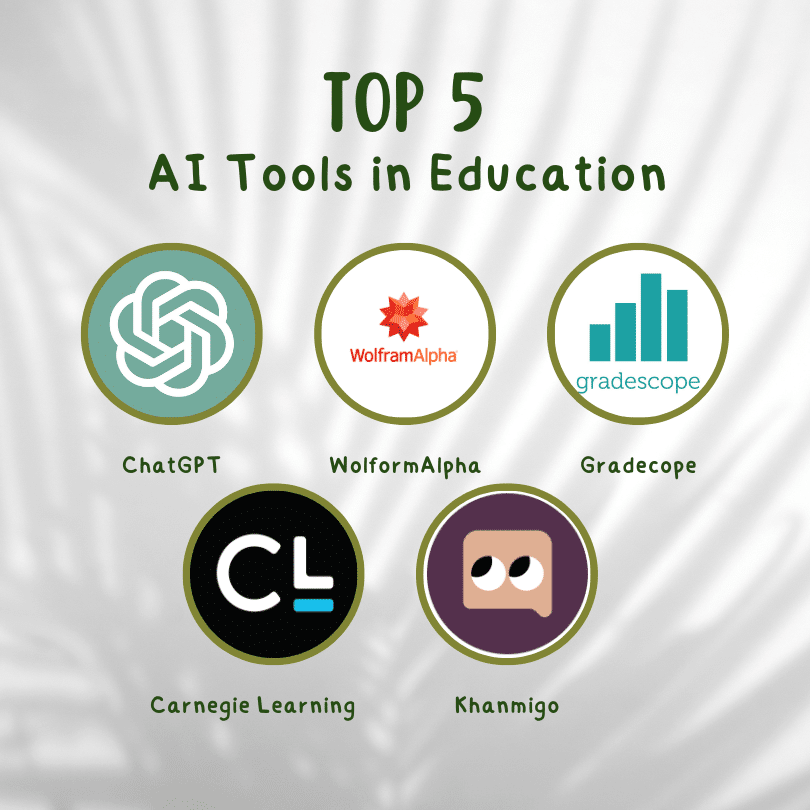
What Teachers Actually Do?
In our world, to replace something, you need something just as good or even better.
So to think that AI will replace human teachers, we first need to understand what they actually do.
Teaching goes beyond just the mere transfer of knowledge. Teachers serve as mentors, motivators, and empathetic guides, providing personalized support tailored to each student’s unique needs. These “human” skills, such as empathy, create vital student-teacher connections.
- Student Individuality – Teaching isn’t one-size-fits-all. Each student is unique, with distinct challenges and learning styles. Teachers adapt their methods, while AI lacks this flexibility.
- Assessment and Understanding – Teachers, with empathy and experience, assess a student’s true understanding. AI relies on predefined rules and can’t grasp complex or individual needs.
- Emotional Support – Great teachers inspire and offer emotional support, teaching life skills alongside academics, which AI can’t replicate.
- Cultural Sensitivity – Teachers promote cultural sensitivity and diversity in the classroom, nurturing a broad environment where students learn about different perspectives and backgrounds.
- Character Development – Teachers play a significant role in character development, emphasizing values such as respect, teamwork, empathy, and responsibility. They model these behaviors and provide opportunities for students to practice them.
- Collaboration and Teamwork – Teachers encourage collaboration and teamwork among students, fostering interpersonal skills and social growth, which are hard for AI to implant.
- Motivation Beyond AI – Motivating students is a human skill. Teachers build personal connections and employ tailored strategies to keep students engaged.
Will Artificial Intelligence Replace Teachers?
NO, artificial intelligence will not replace teachers.
Just as calculators didn’t replace human teachers in math classrooms and spell-checkers didn’t replace language tutors but rather became tools to enhance learning.
AI serves a similar purpose and aims to automate parts of the educational process.
While AI can offer valuable support, there is no substitute for the individualized attention and mentorship provided by human teachers. The human touch, individualized guidance, and mentorship that teachers offer remain indispensable in the educational process.
The Real Threat to Teachers
AI is often seen as a potential threat to traditional teaching roles, but it’s not about AI replacing teachers outright.
The real challenge is the gap between those who use AI effectively in teaching and those who resist this change and risk becoming obsolete.
In this changing landscape, teachers’ future depends on their ability to adapt to AI and make the most of technology.
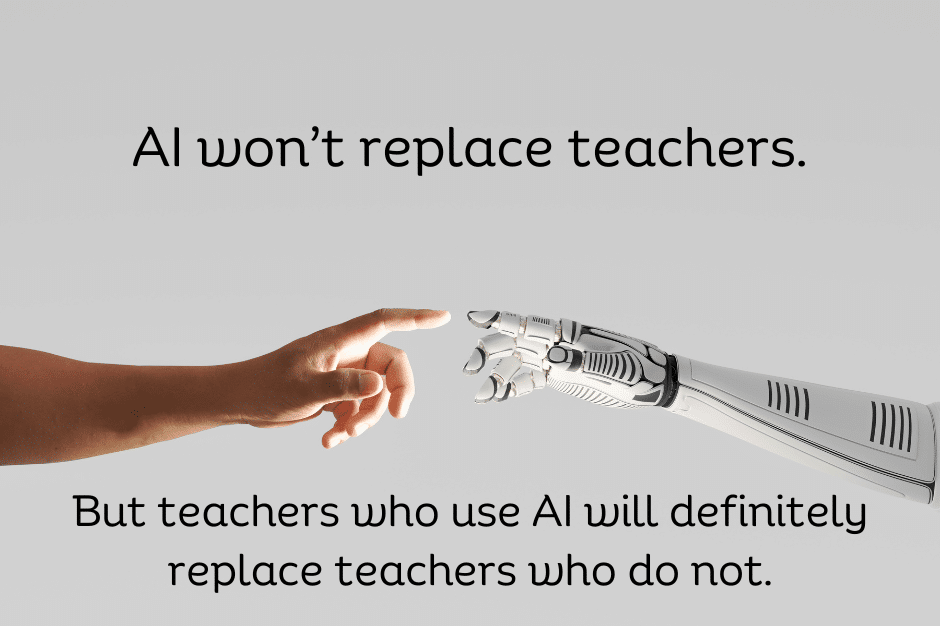
What Teachers Should Do In This Revolution Of AI?
Are you aware that the AI in education market is expected to achieve a substantial value of USD 32.27 billion by 2030, with an impressive compound annual growth rate of 36 percent?
These numbers underscore that AI in education is not just a possibility but an inevitability. So the only way forward is to embrace AI.
Here’s a straightforward roadmap for teachers to navigate this revolution:
- Learn the Basics: Start by gaining a fundamental understanding of AI and its applications in education.
- Explore AI-Powered Resources: Discover AI-powered educational platforms, apps, and tools that can enhance your teaching methods.
- Professional Development: Attend workshops, webinars, or courses to stay updated with AI advancements and best practices in teaching with AI.
- Customize Learning: Utilize AI to create personalized learning experiences for your students. Tailor lessons and assignments to cater to individual needs, pacing, and learning styles.
- Monitor Progress: Leverage AI’s data analytics capabilities to monitor student progress and identify areas where additional support is needed.
- Encourage Critical Thinking: Emphasize critical thinking and problem-solving skills, as AI can handle routine tasks, but human creativity and analysis remain irreplaceable.
By embracing AI as a valuable tool rather than a threat, educators can harness its potential to enhance the learning experience, providing students with a more personalized and effective education.
Conclusion
In the ever-changing landscape of education, one fact remains clear: human educators are irreplaceable.
While AI presents remarkable opportunities to enhance education, it can never substitute for the vital role that great teachers play.
Teachers are the architects of ambitious learning goals, the guiding lights of instruction, the motivators and inspirers of learners, and the empathetic supporters who adapt to individual needs.
As we look to the future, it’s imperative for teachers to continue their journey of learning and growth, for this generation and the next will always rely on their unique and enduring contributions.
Frequently Asked Questions (FAQs)
Can AI replace human teachers?
No, AI cannot replace human teachers. While it can assist, teachers provide essential qualities like empathy, adaptability, cultural sensitivity, and character development that AI cannot replicate.
Will teachers be taken over by robots?
No, teachers will not be taken over by robots. AI can assist teachers, but the human qualities and skills teachers provide, such as mentorship, empathy, and adaptability, are irreplaceable.
What is the future of AI in education?
The future of AI in education is promising. AI will continue to play a significant role in providing tailored learning experiences, automating routine tasks, and improving educational outcomes.
Why are human educators irreplaceable in education?
Human educators are irreplaceable because they provide guidance, motivation, adaptability, cultural awareness, character development, and personalized support that AI cannot replicate.

